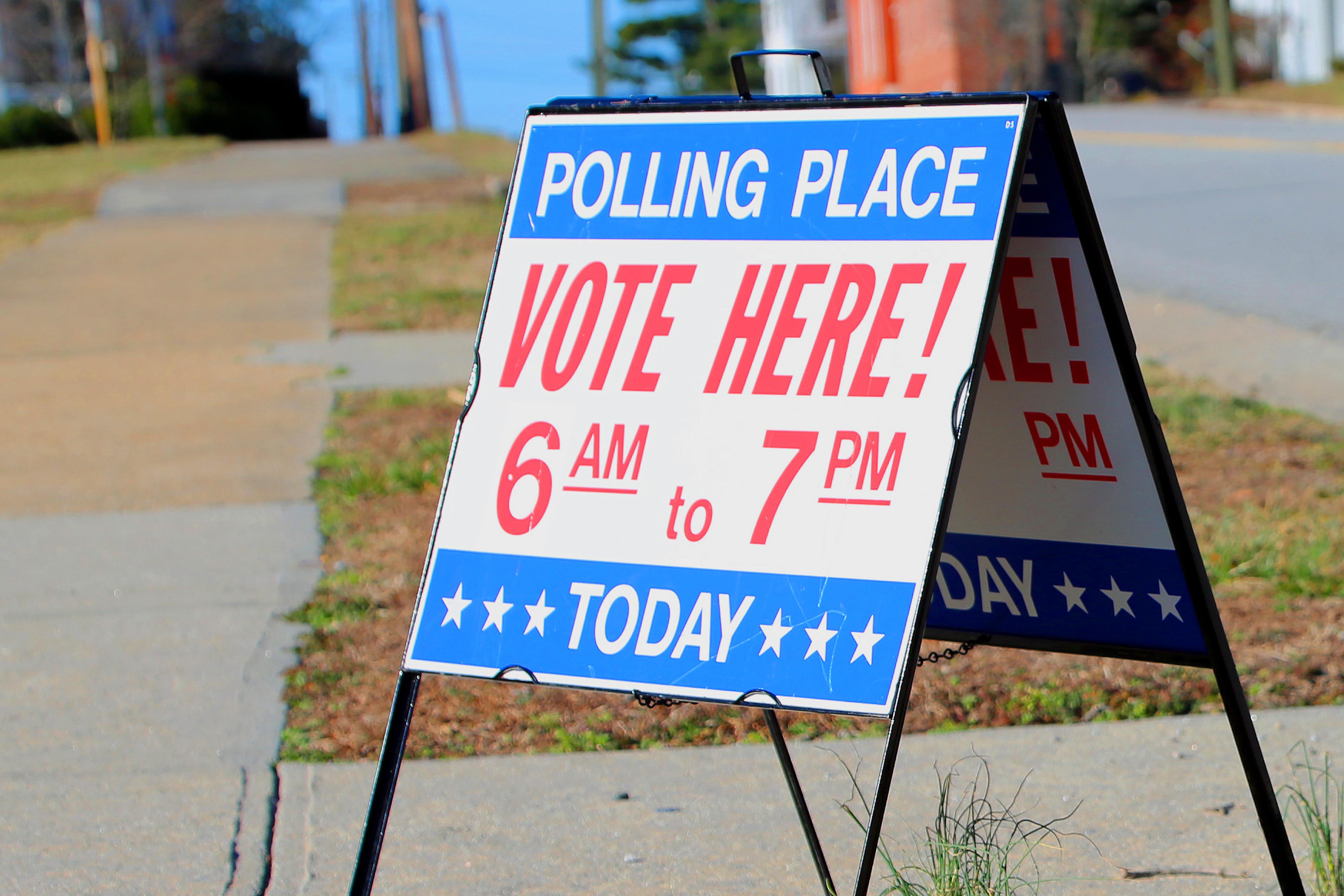
22 Jul Presidential politics and free trade
Photo: DodgertonSkillhause/morguefile.comQ. The presidential candidates have been talking about trade, but I don’t really understand what they’re fighting about. Can you explain?
— Trying to learn
A. We’re sure to continue to hear a lot about trade during the presidential election.
A free trade agreement is a treaty that makes it so two or more countries can conduct business across their common borders without tariffs or hindrances.
Some argue that trade agreements, as they are now, hurt workers by shipping jobs overseas, said Stephen Craffen of Stonegate Wealth Management in Oakland. They also say the trade agreements degrade U.S. manufacturing and intensify income inequality by disproportionately benefiting larger corporations.
Advocates argue that the agreements create jobs by opening new markets to U.S. exports and facilitating U.S. competition in foreign markets, Craffen said.
“From a pure economic theory view, free trade helps both sides of the transaction; one country may have more of a resource and therefore may be able to supply it to another country at a lower cost than if the country relied on its own resources,” Craffen said.
Also, some countries are more cost efficient with some items.
Take, for example, the manufacturing of a television.
Craffen said China may be able to produce a television more cheaply, so U.S. citizens benefit by being able to buy a television at a cheaper price than one produced at home. In turn, he said, China benefits because it now has American dollars to buy products or services that the U.S. can produce more efficiently, for example software technology or currently, natural gas.
“Unfortunately, politics, in many cases, overrule economic sense, as politicians often side with people whose jobs may disappear,” Craffen said. “Since global competition allows someone else to do something more cheaply or efficiently, barriers are erected to the free flow of products in the form of tariffs.”
The tariffs increase the cost of the imported product so it matches the cost of the domestically produced one, Craffen said. This might preserve some jobs in an industry that does not run well in the home country and also cause the country’s consumers to pay more and also use more of their scarce resources to buy a product that they should be able to pay less for, he said.
Email your questions to .
This post was first published in July 2016.
NJMoneyHelp.com presents certain general financial planning principles and advice, but should never be viewed as a substitute for obtaining advice from a personal professional advisor who understands your unique individual circumstances.
